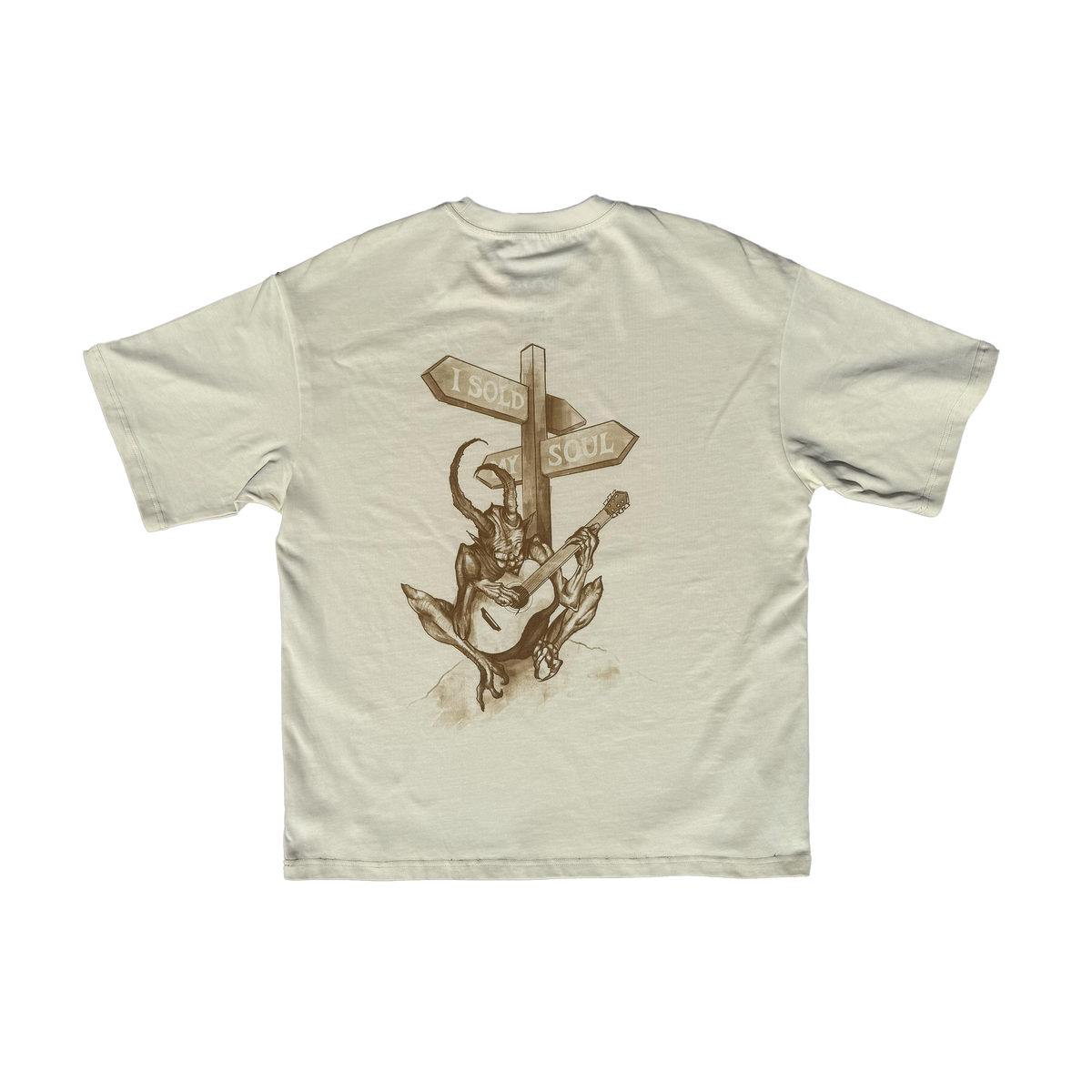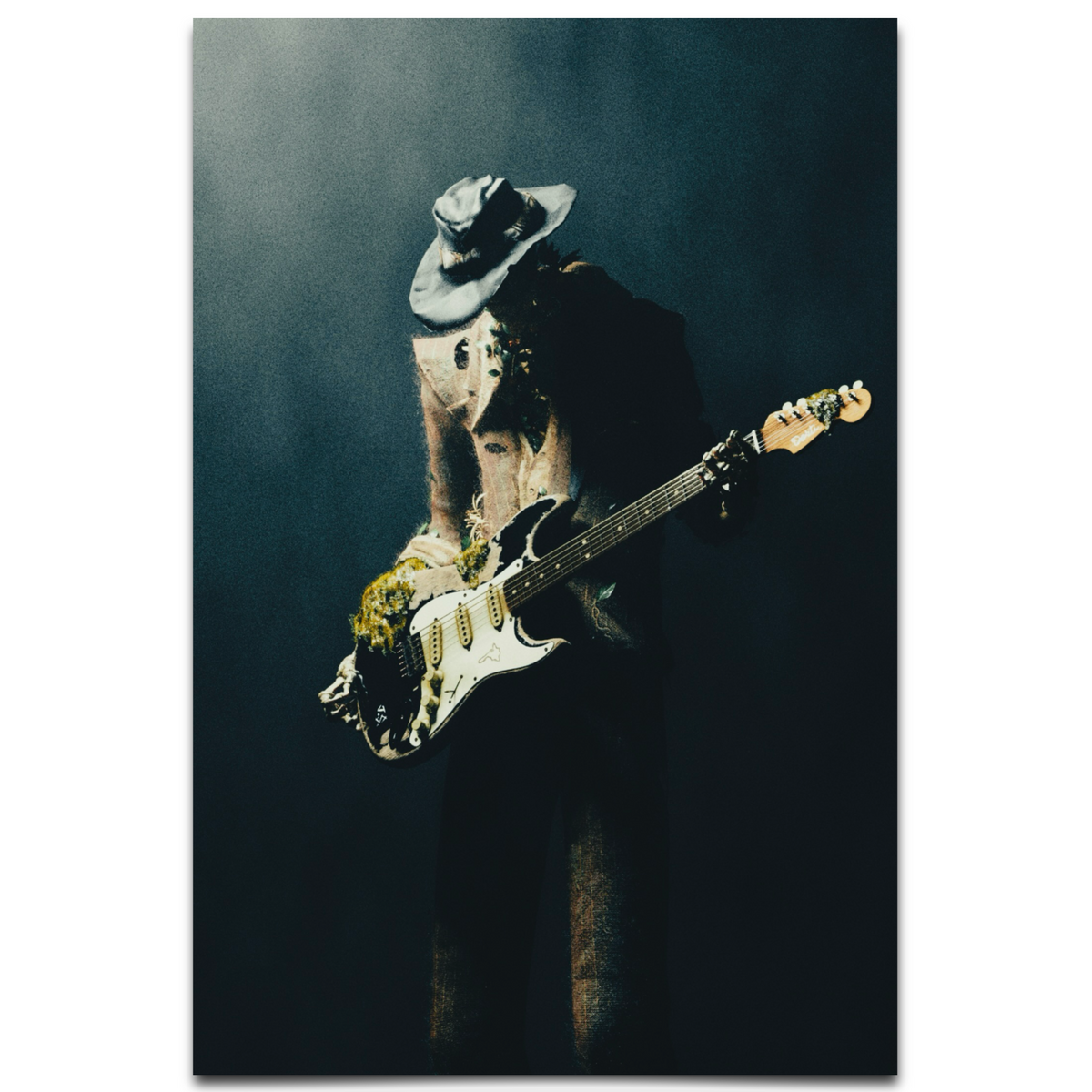If you’ve ever listened to a captivating guitar solo or a soulful saxophone line and felt like the music was “speaking” to you, that’s the magic of phrasing at work. In music, phrasing refers to the way a musician shapes a sequence of notes or a musical idea, much like how a speaker uses pauses, emphasis, and rhythm to convey a sentence. It’s about grouping notes together into meaningful “phrases” that express emotion, tell a story, or create a memorable moment. For solos, phrasing is the difference between a string of random notes and a performance that sticks with the listener.
So, why is phrasing so crucial for solos? Let’s break it down:
- Creates Emotional Impact: A solo isn’t just about technical skill; it’s about connecting with the audience. Good phrasing allows a musician to build tension, release it, and evoke feelings—whether it’s longing, excitement, or melancholy. Think of Jimi Hendrix’s solos; they’re not just fast, they “breathe” with pauses and bends that hit you emotionally.
- Makes Solos Memorable: Phrasing helps craft distinct, recognizable lines. When a soloist repeats a short motif or leaves space between ideas, it gives listeners something to latch onto. David Gilmour’s solo in Pink Floyd’s “Comfortably Numb” is a masterclass in this—every note feels deliberate and unforgettable.
- Provides Structure: Without phrasing, a solo can sound like aimless noodling. By organizing notes into clear phrases, a musician gives the solo a sense of direction and purpose, guiding the listener through a musical journey rather than overwhelming them with chaos.
- Enhances Dynamics: Phrasing allows a soloist to play with volume, speed, and intensity within a single line. Starting soft and building to a powerful climax—or vice versa—keeps the solo engaging and avoids monotony.
At its core, phrasing in solos is about communication. It’s how a musician turns raw notes into a conversation with the audience. Whether you’re a guitarist shredding over a rock track or a jazz trumpeter improvising, mastering phrasing means learning to say something meaningful with your instrument. Next time you listen to a solo, pay attention to how the artist “speaks” through their playing—you’ll hear the difference phrasing makes.
























